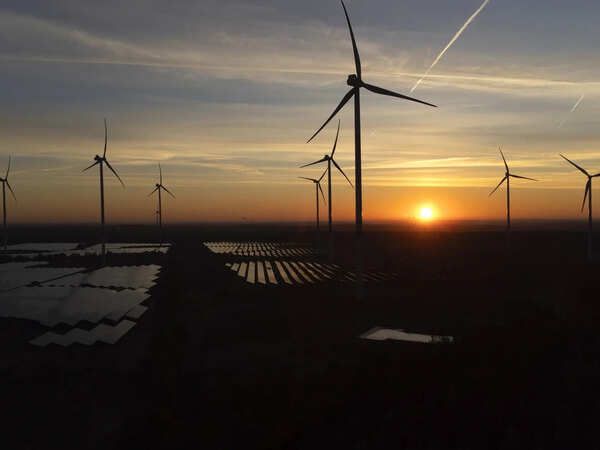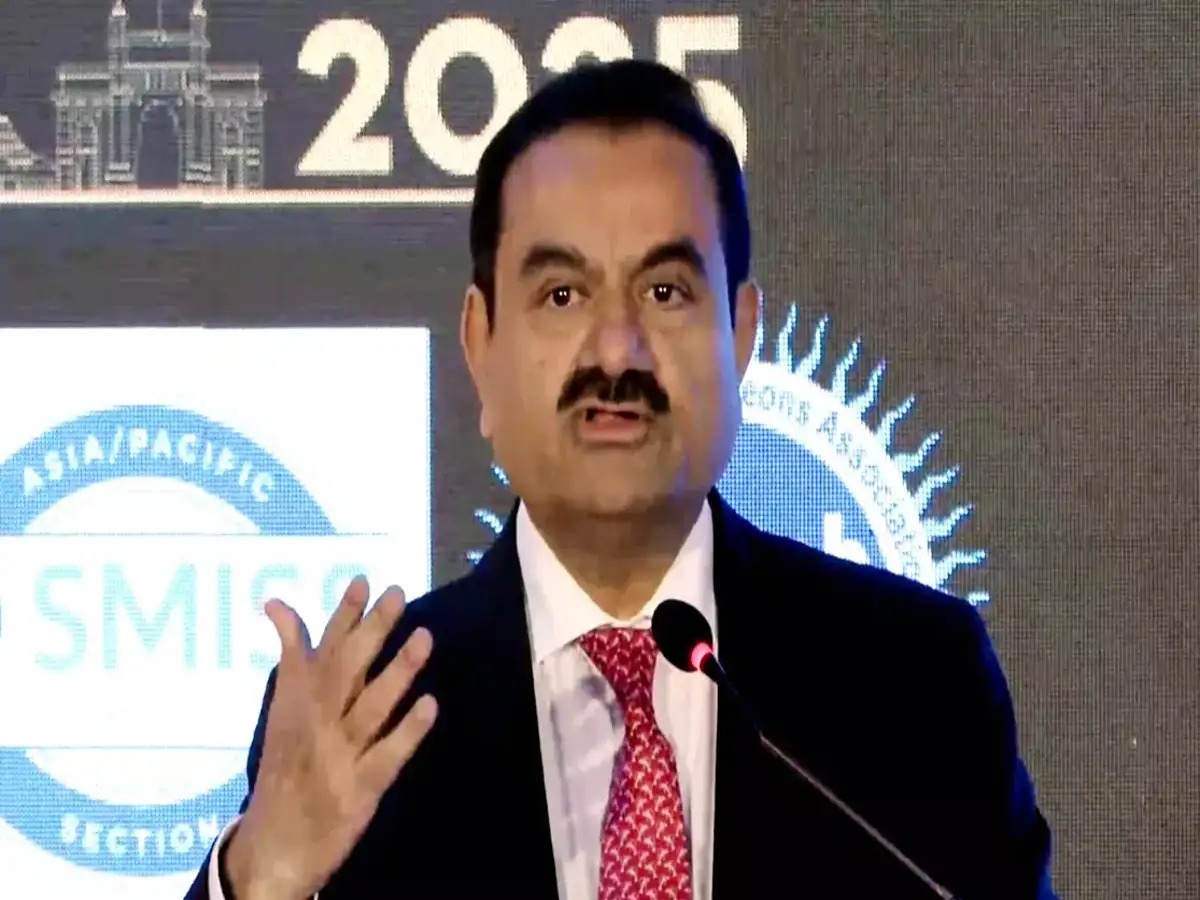 Image Source: Economic Times
Image Source: Economic Times
A recent comprehensive report by the India Energy Storage Alliance (IESA) highlights a significant call from women professionals within the country’s energy sector—approximately 60% of women respondents urge for the implementation of gender-responsive policies. This push aims to accelerate India’s ambitious goal of achieving 500 gigawatts (GW) of renewable energy capacity by 2030, underscoring the vital role of inclusivity and gender equity in the country’s energy transition journey.
Key Highlights: Women Lead the Charge for Inclusive Energy Growth
The IESA report, which canvassed women working across 26 Indian states, shines a spotlight on the urgency for robust policy and regulatory frameworks that actively promote women’s participation and leadership in renewables.
Government initiatives such as the PM Surya Ghar scheme, PM KUSUM (Kisan Urja Suraksha evam Utthaan Mahabhiyan), and the National Green Hydrogen Mission are cited as foundational steps in nurturing women’s roles but need complementing gender-focused policies to be genuinely transformative.
IESA President Debmalya Sen emphasized that women are not only participants but leaders driving India’s clean energy transition “from the frontlines,” advocating for systemic changes to empower more women effectively.
Policy Advocacy and Industry Recommendations
The report advocates gender-sensitive measures like anti-harassment policies, flexible work arrangements to support caregiving responsibilities, and increased representation of women in technical and leadership roles within green tech and storage sectors.
Upskilling programs and mentoring initiatives are highlighted as crucial to enabling women’s advancement in traditionally male-dominated technical fields by breaking down stereotypes and building competencies.
Recommendations include analyzing Environmental, Social, and Governance (ESG) metrics specifically tailored to assess and enhance women’s representation across hiring, retention, and promotion within the renewables ecosystem.
Success Stories and Emerging Trends
Notable successes include community-driven Distributed Renewable Energy (DRE) projects where women are more actively involved due to localized installations near their homes, fostering entrepreneurship and skilled employment opportunities.
Collaborative projects, such as ReNew Power’s partnership with the United Nations Environment Programme and SEWA (Self-Employed Women’s Association), have trained over 1,000 low-income women in rural Gujarat as solar panel technicians, exemplifying scalable models.
Women’s involvement in design and pre-construction phases of renewable infrastructure development is notably higher than in on-ground operations, suggesting targeted expansion potential.
Challenges Confronting Women in Renewables
Socio-economic barriers such as limited access to higher education, gender biases in recruitment, and unequal asset ownership restrict wider participation of women, particularly in rural and semi-urban areas.
Despite women constituting nearly half of India’s population, their representation in the energy workforce remains disproportionately low, approximately 22%, reflecting a global trend.
Lack of gender-disaggregated data impedes precise policy targeting and monitoring, underscoring an urgent need for comprehensive gender indicators within sustainable energy frameworks.
Government and Institutional Efforts
The Ministry of New and Renewable Energy (MNRE) has integrated gender mainstreaming as part of its policy framework, seeking to create enabling environments for women's sustained participation.
Broader government schemes also emphasize women’s empowerment through financial inclusion, education, and entrepreneurship support aimed at green economy sectors such as electric mobility, clean cooking, and solar energy.
The National Electric Mobility Mission Plan (NEMMP) explicitly recognizes gender inclusion as a core objective in emerging EV manufacturing and allied industries.
Looking Forward: Gender-Responsive Renewable Energy Sector
Integrating women meaningfully in India’s ambitious clean energy targets is not just a matter of equity but a strategic economic imperative, yielding potential GDP growth benefits and enhanced innovation.
Industry bodies, NGOs, and policymakers are urged to foster collaborative platforms that facilitate dialogue, share best practices, and mobilize resources for overcoming systemic challenges.
Emphasis on virtual and vernacular language training modules, accessible mentorship, and community outreach will ensure skill ecosystem development reaches wider female demographics.
Continuous tracking, research, and dialogue are crucial to adapting policies dynamically to evolving socio-economic and technological landscapes.
Conclusion
The IESA report’s revelation that around 60% of women in India’s energy sector call for gender-responsive policies serves as a clarion call to stakeholders committed to a just and sustainable energy future. Empowering women will be pivotal in India’s drive towards achieving its 500 GW renewable energy target by 2030, ensuring that the clean energy revolution is as inclusive as it is transformative.
Sources: India Energy Storage Alliance (IESA), Rediff Money
Advertisement
Advertisement





